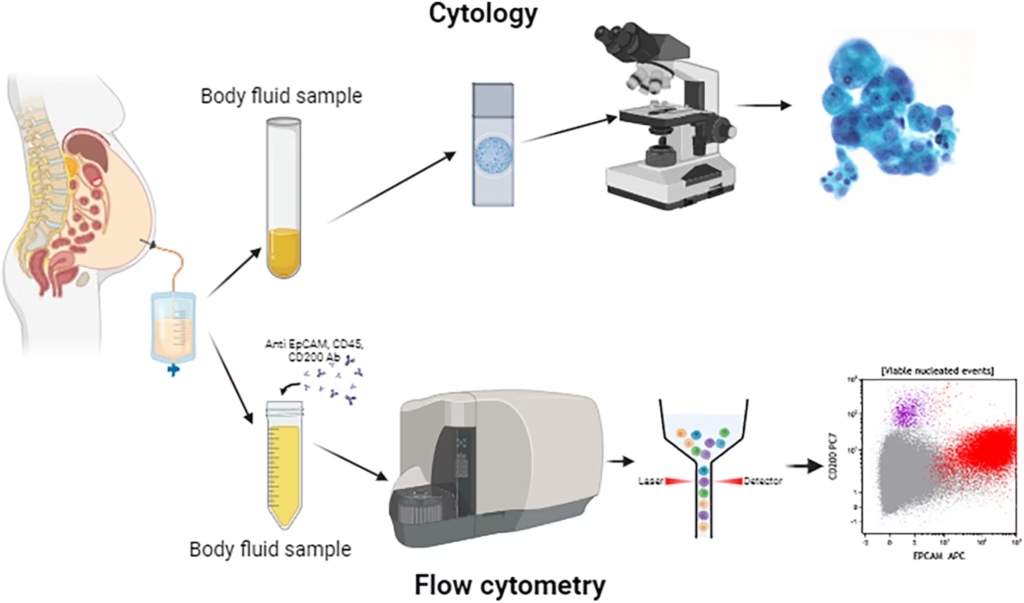
Assaying body fluids involves detecting and quantifying various analytes, including cells, proteins, metabolites, electrolytes, hormones, and microorganisms. These tests are performed to diagnose diseases, monitor therapeutic responses, and assess metabolic Read More ……..



